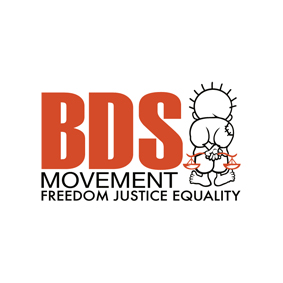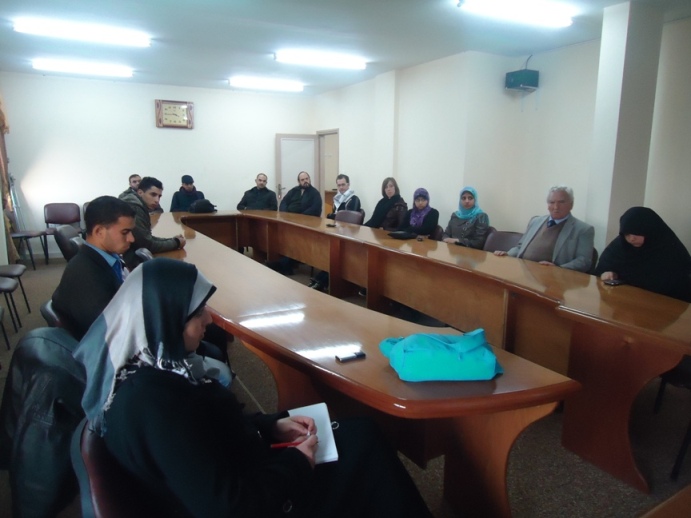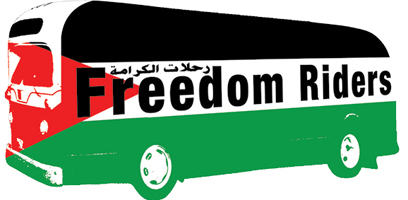Tag: Global Actions
-
Report: Third National BDS Conference, Hebron, December 17
9 January 2012 | Palestinian BDS National Committee On 17 December 2011, Palestinians gathered in the city of Hebron in the occupied West Bank for the Third National Boycott, Divestment and Sanctions (BDS) Conference. The event took place against the backdrop of continuous Israeli violations of Palestinian rights, and a growing resistance against injustice worldwide…
-
The Occupy movement and Palestine
by Yousef Aljamal 9 January 2012 | Center for Political and Development Studies The Occupy movement is an international protest movement directed primarily against economic and social inequality. The first Occupy protest to receive wide coverage was Occupy Wall Street in New York City’s Zuccotti Park, which began on September 17, 2011. It was noticed…
-
Palestinian Freedom Riders to ride settler buses to Jerusalem
13 November 2011 | Freedom Riders Inspired by the Freedom Rides of the US Civil Rights Movement Palestinian activists will attempt to board segregated Israeli settler buses to occupied East Jerusalem Groups of Palestinian Freedom Riders will attempt to board segregated settler buses heading to Jerusalem through the occupied West Bank this Tuesday November 15,…



